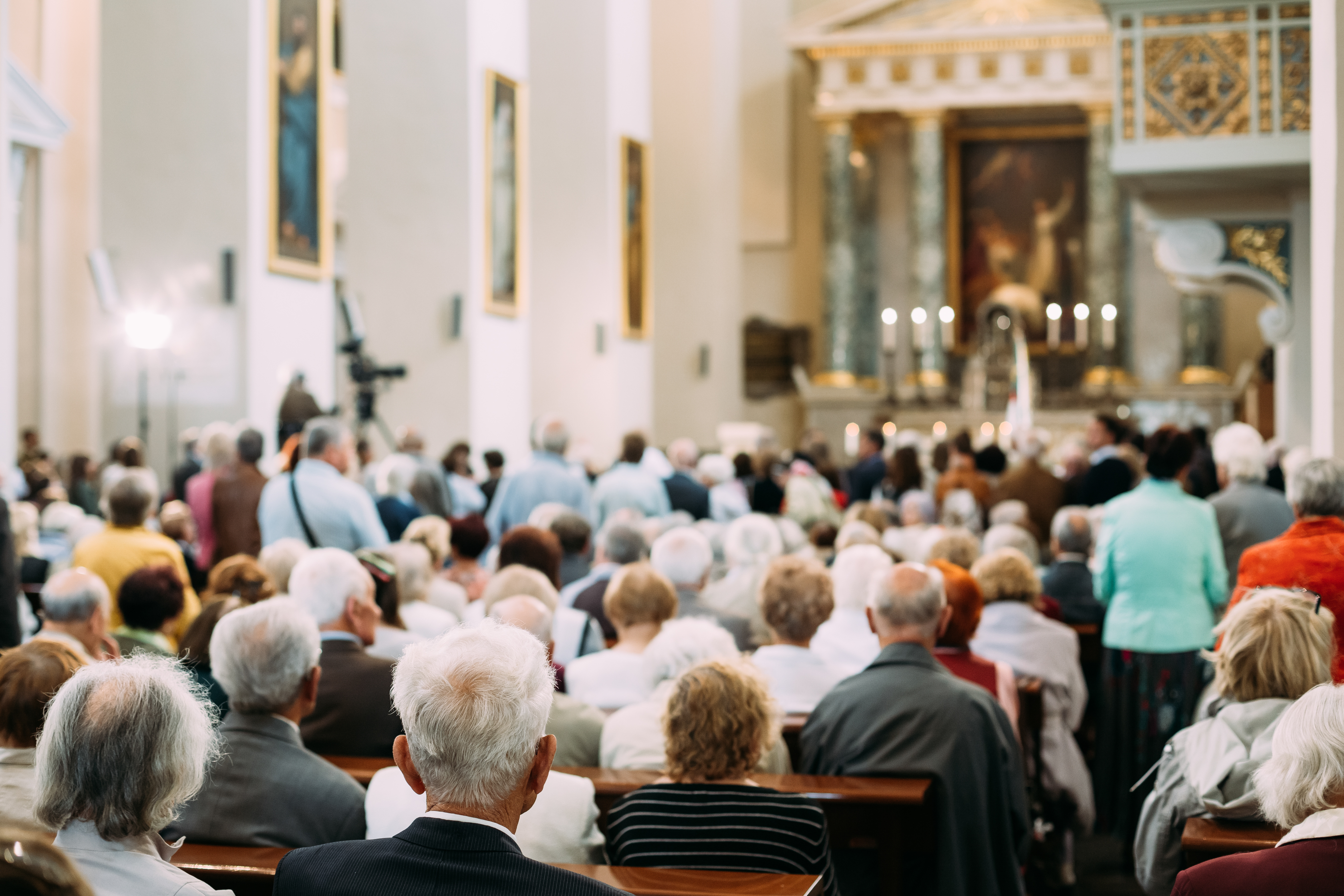
This three part series looks at rulings which show courts are beginning to recognize that imposing severe restrictions on religious worship constitutes a violation of the free expression clause of First Amendment.
Just in case you think I’m being too harsh in my sarcastic, ridiculing comments regarding the attacks on the First Amendment, check out some of these court rulings.
When it comes to criticizing unconstitutional government rules, I’m a lightweight compared to any of these judges.
These posts focus on two lower courts that re-read the U.S. Constitution after the U.S. Supreme Court started the refreshing trend of actually reading said Constitution before issuing a ruling. The cases:
- Supreme Court – Roman Catholic Diocese of Brooklyn
- California Superior Court – Bakersfield Division – Father Trevor Burfitt vs Gavin Newsom
- Ninth Circuit –Calvary Chapel Dayton Valley v. Sisolak (current post)
Ninth Circuit –Calvary Chapel Dayton Valley v. Sisolak.
12/15/20 – Hill Faith – First Amendment: Court Strikes Down Nevada’s Covid Church Attendance Limits – Nevada issued rules restricting the number of people who can gather for worship to the lesser of 50% of fire code capacity or 50 people. Large number of other activities have a restriction level of 50% of fire code capacity.
The 50% only limit without a numerical cap applies to “casinos, bowling alleys, retail businesses, restaurants, arcades, and other similar secular entities.”
Calvary Chapel Dayton Valley sued the state to stop those restrictions. They requested a preliminary injunction, which was denied by the district court. They appealed to the Ninth Circuit Court of Appeals, which initially concurred with the District Court.
This case is referred to as Calvary Chapel Dayton Valley v. Sisolak. The governor, Nevada Attorney General, and Sheriff of Lyon County are named individually but only in their official capacity.
After the Roman Catholic Diocese of Brooklyn ruling was issued, Calvary Chapel Dayton Valley refiled the appeal with the Ninth Circuit.
After taking into consideration the new ruling from the Supreme Court, the Ninth Circuit reversed the District Court ruling and ordered the District Court to reconsider the case in light of the Supreme Court’s comments. (If my back-ordered stock of sarcasm had arrived, I would suggest the appeal court judges pulled out a copy of the Constitution and looked at the first section of the Bill of Rights before drafting their opinion, but alas have not received my inventory so thus won’t make that observation.)
The Ninth Circuit found the Nevada executive rules are imposing restrictions on constitutionally protected behavior which is more severe than other comparable activity and found that there is no justification for doing so in light of the First Amendment. A slightly more technical explanation is after applying “strict scrutiny” to the governor’s rules they found there is no justification for the extra restrictions on religious activity.
The ruling in favor of Calvary Chapel Dayton Valley can be found here. Check it out for yourself.
Here are a few of the staggering comments:
“The Supreme Court’s decision in Roman Catholic Diocese compels us to reverse the district court. Just like the New York restrictions, the Directive treats numerous secular activities and entities significantly better than religious worship services. Casinos, bowling alleys, retail businesses, restaurants, arcades, and other similar secular entities are limited to 50% of fire-code capacity, yet houses of worship are limited to fifty people regardless of their fire-code capacities.”
Facilities such as casinos, bowling alleys, restaurants, and arcades are only limited to 50% of capacity. In contrast churches and other places of worship are limited to whichever is smaller: 50% of capacity or 50 people. For any church with rated capacity larger than 100 people, that means capacity is 50.
Churches with seating for 500 can only have 50.
Megachurch with 3,000 seats? 50.
Because of the restrictions targeted on churches, the appeals court reversed the district court ruling:
“Accordingly, we reverse the district court, instruct the district court to employ strict scrutiny review to its analysis of the Directive, and preliminarily enjoin the State from imposing attendance limitations on in-person services in houses of worship that are less favorable than 25% of the fire-code capacity.”
For a clear explanation of the impact from the Supreme Court’s ruling, check out a couple of comments in the Ninth Circuit ruling. The Supreme Court’s comments are going to have a huge impact in the near-term and long-term.
“The Supreme Court’s recent decision in Roman Catholic Diocese of Brooklyn v. Cuomo, … arguably represented a seismic shift in Free Exercise law, and compels the result in this case.3 (citation omitted)”
Catch that ‘seismic shift’ comment?
Catch that foonote reference?
Here is note 3:
“3 We respectfully join the Supreme Court in saying that members of our court “are not public health experts, and we should respect the judgment of those with special expertise and responsibility in this area. But even in a pandemic, the Constitution cannot be put away and forgotten. The restrictions at issue here, by effectively barring many from attending religious services, strike at the very heart of the First Amendment’s guarantee of religious liberty. Before allowing this to occur, we have a duty to conduct a serious examination of the need for such a drastic measure.” (citation omitted)”
Just to be sure we see the point, check out the strength of two comments:
“But even in a pandemic, the Constitution cannot be put away and forgotten. The restrictions at issue here, by effectively barring many from attending religious services, strike at the very heart of the First Amendment’s guarantee of religious liberty. (Emphasis added)”
Please let my little ol’ peabrain rephrase that:
- Government officials cannot ignore the Constitution because it gets in their way.
- Gathering for worship is a foundational aspect of the First Amendment.
Actually reading the First Amendment. Seismic shift indeed.